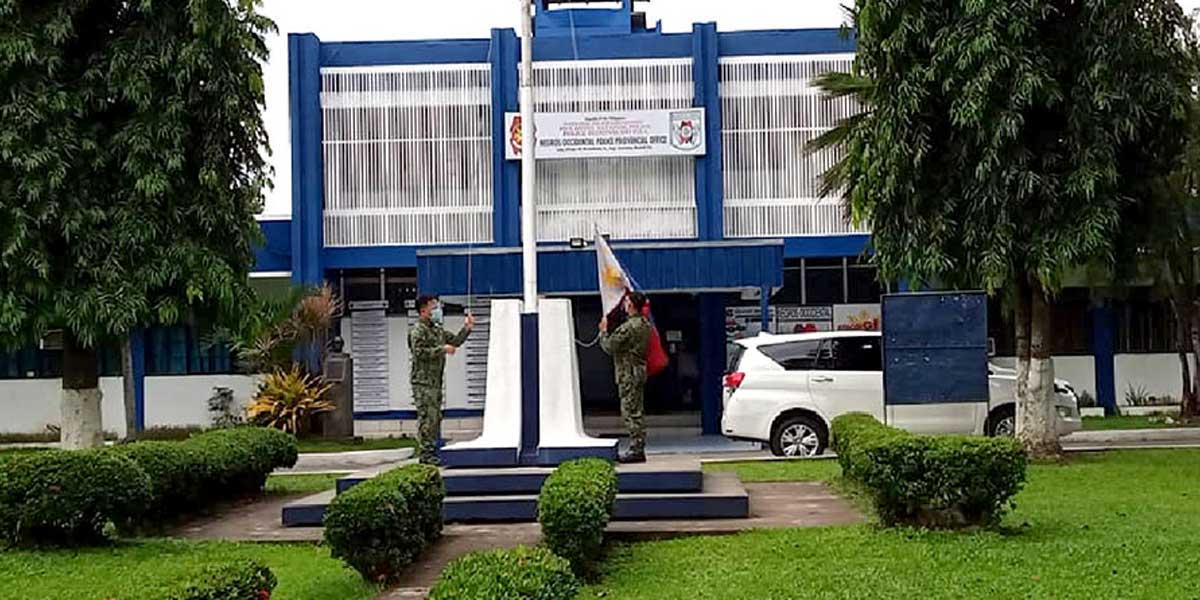In the past years, the National Anti-Poverty Commission (NAPC) has adopted numerous economic and ecological reforms, necessary steps toward its vision of a society free from poverty and inequality.
These were in line with the national government’s “Pagbabago” strategy, which aims to expand economic opportunities and transform human capital development to ensure food security, reduce vulnerabilities, and build safe and secure communities.
“We wanted the people to have access to economic opportunities while at the same time ensuring sustainable development of productive resources,” said NAPC Secretary Noel Felongco.
NAPC has instituted reforms that address the existing inequities in the ownership, distribution, management, and control over natural and man-made resources from which people earn a living.
For formal labor, the agency has campaigned for the passage of the Coconut Farmers Trust Fund Bill, which benefited small coconut farmers.
It resolved policy issues of cooperatives with other regulatory bodies, primarily taxation, licensing, local taxes, business, and subsidiaries.
NAPC also pushed for the implementation of the Economic Independence Program for Persons with Disabilities. Thirteen work centers for PWDs were established in partnership with national government agencies and international and local funding organizations.
On the other hand, NAPC worked on reforms that ensure the effective and sustainable utilization of the natural and ecological resource base. This assured greater social acceptability and increased participation of the basic sectors in environmental and natural resources conservation, management, and development.
For instance, proposed pilot settlement areas for fisherfolks were already identified in Aroroy, Masbate; Siay, Zamboanga Sibugay; and Sagay, Camiguin. An initial geo hazard mapping was also conducted in three pilot municipalities, strengthening communications and partnerships with identified fisherfolk beneficiaries, local government units, and key shelter agencies.
Being at the forefront of the fight against poverty, the basic sectors are the government’s partners in reform and development. By allowing them to be heard, the sectors can help craft anti-poverty measures that genuinely respond to their needs.
The NAPC is a government agency committed to undertaking policy advocacy, overseeing anti-poverty efforts, and ensuring meaningful and inclusive people’s participation in governance and nationalist development.



















